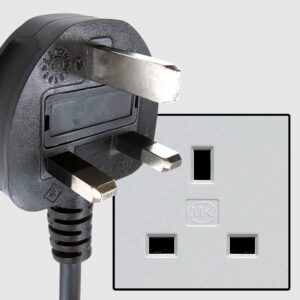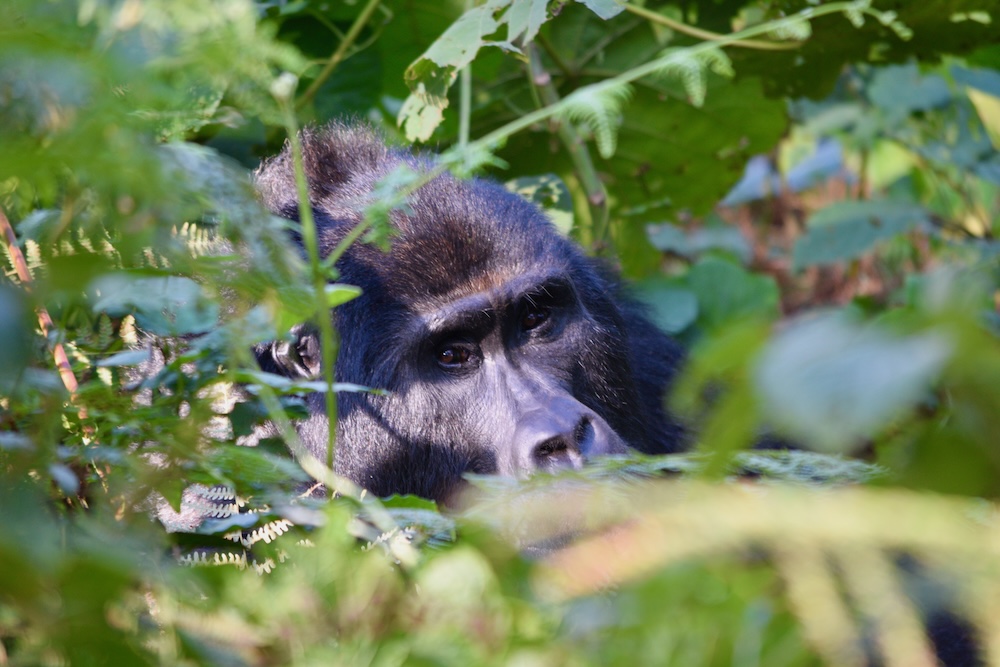Planning your Uganda Safari
Planning the trip
The first decision was where to see the gorillas. There are three options, Uganda, Rwanda and Congo.
Congo permit $400 per person
Uganda permit $700 per person for one hour
Uganda permit for 4 hours $1,500 per person
Rwanda permit $1,500 per person for one hour
The cheapest option is Congo but we felt this was not a safe country to visit so we did not consider it. We decided to go to Uganda as we wanted to spend the extended 4 hours with the gorillas.
There are lots of companies offering gorilla safaris in Uganda and ultimately I suspect they all give a similar experience. Both our son and daughter have done wonderful trips to Uganda to see the gorillas in the last year and had gone with Insight safaris with whom they were very happy. Therefore we chose Insight Safari Holidays and they did an excellent job. They have a wide range of holiday options and we chose the standard 4 day safari involving time with the gorillas and chimpanzees. Communication before the trip was quick and efficient. They offer three levels of accommodation – budget, moderate and luxury. We chose moderate and our residences were both lovely.
Paying them directly involved a conversation with the bank who were dubious about us transferring large sums of money to Uganda but apart from that it was very straightforward. When we arrived in Uganda we were picked up from our hotel at 7am sharp and everything ran like clockwork for the whole four days.
Visas
The electronic visa system was very straightforward and quick – the whole process only took about 3 days. However, there are hidden costs which are not immediately apparent when you make the application! Our visas cost $157 each. The basic cost of the visa was $67 but there was an added $90 Government fee for UK citizens which I did not see mentioned anywhere and having looked for it now I am home I still can’t see any mention of it on any website.
Currency
Local currency is Uganda Schillings which can be collected from ATM’s. If you have a Visa card they seem to work better than Mastercard. However the preferred currency is dollars and you will need to bring those with you. You need cash for tipping also our chimpanzee lodge didn’t take cards so you needed cash for drinks there as well.
Plugs
The type G plug is used in Uganda which is the same as the UK

Things to bring for Gorilla trek
This is the list that our safari company sent us. Face masks are compulsory for both the gorillas and the chimpanzees. The walk to the gorillas is through the forest and there is no path and your route is made by the staff hacking the way with a machete. Therefore, it can be prickly and that is why gloves are suggested. The long socks are to enable you to tuck your trousers into your socks to avoid things crawling up your legs!
1) Two face masks hand sanitizer
2) A decent light waterproof jacket
3) A pair of trousers, a long-sleeved shirt, and longer socks
4) A pair of hiking gloves
5) A lightweight pair of waterproof hiking boots
6) A tin of insect repellent
7) Energy giving snacks
8) Biodegradable tissue or toilet paper
9) Waterproof backpack
10) Trekking poles or hiking staff (These will be provided)
11) Refillable drinking water bottle
Medical Info
Yellow Fever
Yellow Fever. This is mandatory for anyone visiting Uganda. You will need to show your International Yellow Fever Certificate when you check in for your flight and you will need to show it when you arrive in Uganda. One vaccine in most cases gives lifelong immunity. Yellow Fever vaccines can only be done at registered yellow fever centres and there will be a charge. To find your local centre click here
Yellow Fever is a live vaccine and has a number of important contraindications and possible side effects. The main problem is that the risk of complications becomes much more common over 60. The most serious complications can be fatal. It is possible to obtain a medical exemption certificate if the vaccine is contraindicated or if the risk of the vaccine is greater than the risk of contracting yellow fever. For more information click on the button below
In addition to using a local yellow fever centre if you have complex needs e.g immune suppression or aged over 60 to get the best advice another option is to use the travel clinic at the Hospital for Tropical Diseases in London.
Vaccinations – I would recommend being up to date with the standard UK vaccines like tetanus, diphtheria and Polio. Typhoid and hepatitis A are free on the NHS and I would certainly advise having those before travelling as well. They should be available at your own GP. For most standard safaris the risk of contracting any other illnesses such as rabies is very small. However, if you would feel more comfortable having a comprehensive range of vaccines then you can choose to do this. You may still be able to obtain them at your own GP but there will be a charge or you can go to a private travel clinic.
For full information about all the vaccines click on on the button below
Antimalarials are also essential for travel to Uganda. There are a number of possibilities for Uganda. For full information click on the button below. Even if you do not pay for your prescriptions antimalarials are not available on the NHS. They can be obtained online, possibly from your own GP or from a travel clinic.
Binoculars
These are vital for a safari and it is well worth investing in a good pair as they will be your constant companion on safari and you definitely want your own
Best Time to Visit Uganda
The best time to visit Uganda is during its two dry seasons which are between December and February, and between June and August. Having said that we visited in mid September and the rain did not interfere with seeing the gorillas and chimpanzees. Having a good waterproof is vital!
